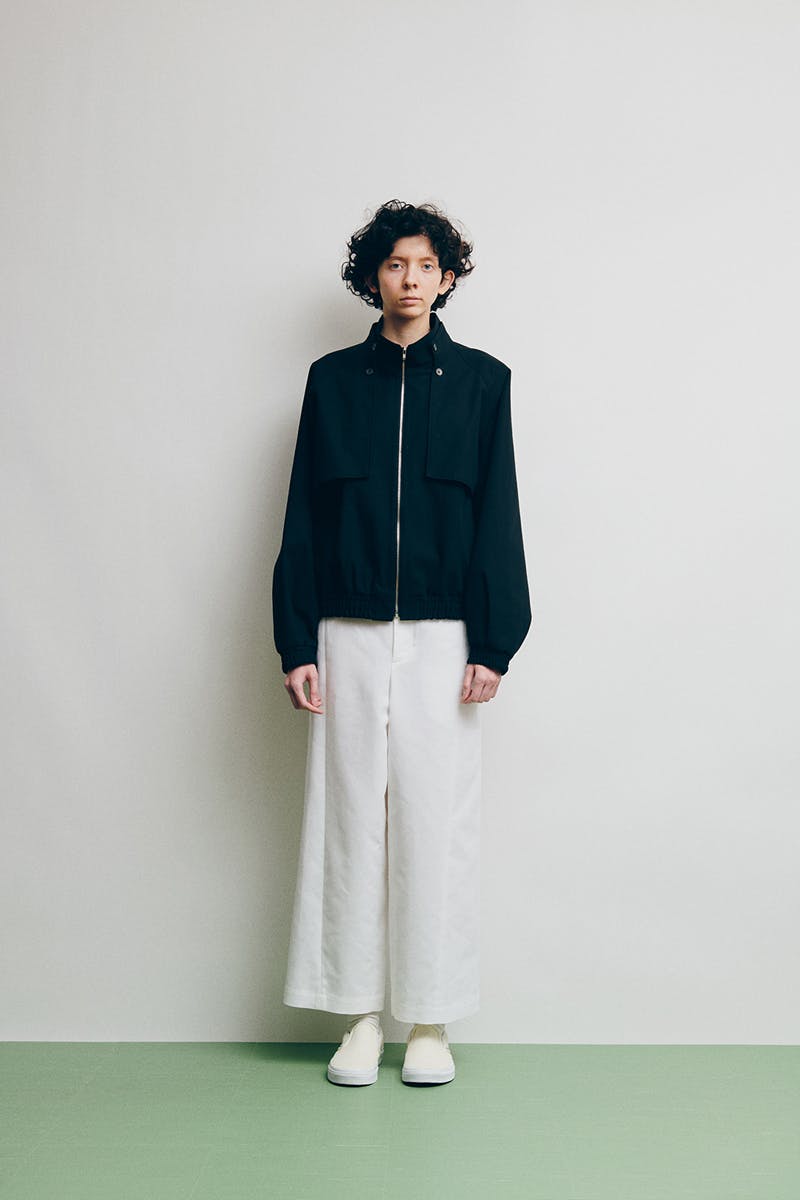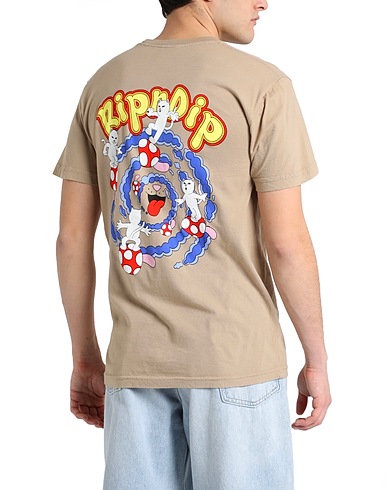Louis Vuitton, Gucci, Fendi, Burberry, Prada, and many more popular luxury brands are at the forefront of fashion.
Many popular luxury fashion brands are known for their loud luxury and logo-centric fashion pieces. Others are known for their unique marketing strategies, celebrity endorsements, and active engagement on social media. But, despite the power of the internet to make good things impossible to be concealed, there are still unheard-of luxury brands.
It’s not because these brands don’t have excellent quality or offer the same exclusivity as popular ones. But, for one reason or the other, which we will soon find out, they’ve stayed off the radar.
This article will explain what low-key luxury means in fashion and introduce some luxury fashion brands you’ve never heard of.
Table of Contents
What Are Some Luxury Brands You’ve Probably Never Heard Of?

There are more luxury brands in the world than you know – they run in thousands. However, the ones you know are the ones that have refused to stay hidden – the Gucci and Hermes.
There’s a good chance you’ve never heard of these five luxury brands before; that’s mostly because they are still pretty small.
Katie Eary

Katie Eary was founded in 2012; it has produced designs that have popped out into the limelight from time to time. The brand’s items are sometimes mistaken for Givenchy‘s, but they’re uniquely different.
The brand has outfitted hip-hop acts and rappers, including the stylish printed matching top and bottom set 2 Chainz wore at Summer Jam.
Tourne de Transmission

Founded in 2010, this luxury brand started out as an alternative graphic T-shirt brand but is quickly becoming a full, artistic menswear collection.
The versatile brand churns out luxury clothing and accessories with leather jackets, printed cotton trousers, and outstanding outwear.
Digawel

Digawel is a Japanese brand founded in 2011 that’s not afraid to break the confines of popular menswear.
Wearing this brand’s products takes some level of confidence; you must be comfortable in your skin to wear them on Tokyo’s streets.
Martin Asbjorn Bjerre

This brand isn’t one of the most popular, and there’s a good chance that you’ve never even heard of it before.
However, it is a great luxury brand with the makings of a brand that can take the fashion world by storm.
RIPNDIP

Founded in 2008, this streetwear brand is one of those that keep streetwear clothing relevant.
Its graphic T-shirts, cut-and-sewn collections, and camp caps are great for cool kids who want to stay ahead of fashion trends.
What Does Low-Key Luxury Mean In Fashion?
As the name implies, low-key luxury refers to brands that keep their products away from the general public eye. These brands often are without logos, and if they do have logos, they are very discrete.
Low-key luxury brands have the typical unique luxury quality, producing durable items with coveted materials and taking them through dedicated manufacturing processes.
In simple terms: low-key brands are confidential brands that thrive on the words of the mouth of their consumers.
Low-key luxury can be a selected line of items that aren’t as catching as the rest of the brand’s items. Brands in this category believe that it’s time to keep a low profile, especially after the extravaganza of the bling-bling trend.
Low-key luxury is becoming the norm because customers now want to prove they’re not just rich but discerning, thanks to the economic crisis. These customers don’t trade down to lower-price stores and brands; they only limit the number of products they buy.
Moreover, low-key luxury is becoming a norm thanks to the quest for meaning beyond labels; customers desire authenticity. Meanwhile, luxury is becoming more and more commoditized, and customers want niche brands that offer more value and character.
What Are the Categories of Luxury Brands Available?
The major luxury dimensions determine the degree of the luxuriousness of a brand and are a means of differentiation for luxury brands.
There are four major categories of luxury brands: entry-level, medium-level, top-level, and elite-level luxury brands.
Entry-Level Luxury
Brands in this category are just above the premium segment on the lowest luxury level; they’re not generally recognized as genuine luxury brands.
Examples of entry-level luxury brands include Mercedes and Hugo Boss.
Medium-Level Luxury
Brands in this category are widely known as members of the luxury segment, but they still fall behind in the luxury forefront.
Examples of medium-level luxury brands include Moschino, Escada, and Dolce & Gabbana.
Top-Level Luxury
Brands in the top-level luxury category are, without a doubt, true luxury brands; they represent everything that luxury is.
These brands are seen as the leading luxury brands, including Louis Vuitton, Armani, and Cartier.
Elite-Level Luxury
Brands at the elite level are at the ultimate luxury point; they set the benchmark of the highest exclusivity and best quality.
Brands in this category target clientele de connoisseurs who possess the necessary financial resources and “cultural intellectuelle”.
An excellent example of an elite-level luxury brand is Puiforcat, a luxury brand within the silverware segment of the industry
Are Low-Key Luxury Brands Any Good?
Low-key luxury brands are not low-key because they’ve got something hidden. If you ever get lucky enough to be on their radar, these brands offer high-quality, thoroughly-processed fashion products.
They are low-key luxury brands because they believe a brand loses its luxury status when it becomes too known and used. These brands have their fair share of celebrity endorsements, particularly those who don’t like to flaunt their wealth.
Low-key luxury brands offer bespoke fashion, a great way to indulge yourself while keeping a low profile. The brands believe that if logos were great boosters for brands these past years, they now signify mass luxury and not exclusive luxury.
In addition, unheard-of luxury brands are sophisticated, offering their customers the understatement and novelty they seek in luxury. Low-key brands are the answer to affluent customers looking for unique and sophisticated ways to stand out from the crowd.
Conclusion
There are more luxury brands in the fashion industry than you know, and that’s a fact. We’ve rounded up some five small unheard-of luxury brands in the fashion industry that offer excellent, high-quality products.
These brands can also be considered low-key brands with inconspicuous logos instead of the loud luxury of LV and co. So if you need a small luxury brand that offers exclusivity and class to invest in, you can try any of these.